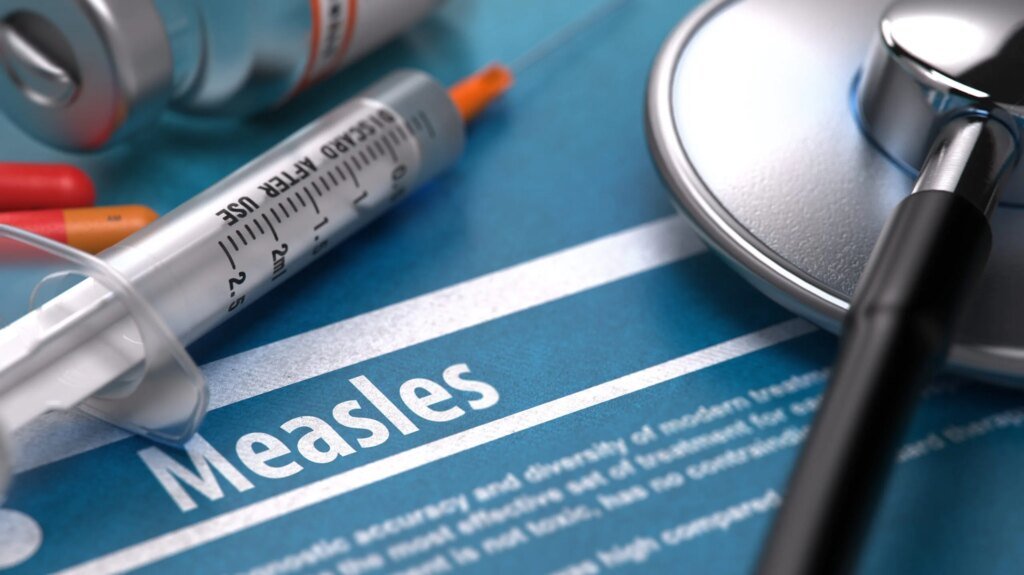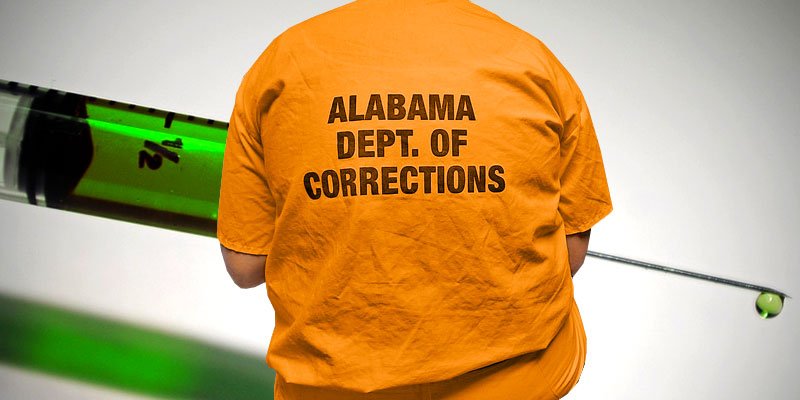First Measles Case in Alabama in Over Two Decades
Alabama has seen its first measles case in more than 20 years, as confirmed by the Alabama Department of Public Health (ADPH) on Monday. The patient, a child under five, is from North Alabama and reportedly developed the illness after traveling abroad.
Officials from ADPH stated that the child had not received the measles vaccine. Additionally, the child isn’t enrolled in any nursery or school, and the health care provider linked to this case has already been alerted. Fortunately, the child’s siblings are vaccinated and are currently symptom-free.
This marks the first confirmed case of measles in the state since 2002. In recent years, Alabama’s vaccination rates have been on the decline. For the 2023-24 school year, approximately 93.8% of kindergarteners received vaccinations for measles, mumps, and rubella.
Dr. Karen Landers, chief medical officer at ADPH, emphasized the dangers faced by unvaccinated children and outlined the typical progression of the disease.
“Measles starts with symptoms like fever, cough, runny nose, and red, watery eyes, followed by a rash. The virus can spread for up to four days before symptoms show, which often complicates matters for those with weaker immune systems,” she explained.
As a respiratory virus, measles spreads through droplets released when an infected individual coughs or sneezes. Symptoms typically surface within 1-2 weeks after exposure, and the disease can lead to severe complications, including pneumonia, ear infections, and encephalitis.
Unvaccinated individuals who come into contact with the virus have a 90% chance of being infected, with the ability to transmit it a few days before symptoms manifest.
Currently, there is no specific antiviral treatment for measles, but managing symptoms with fluids, rest, and fever reducers can help.
The most effective protection continues to be vaccination. Most children receive the measles vaccine as part of the MMR shot, usually given between 12 and 15 months, with a second dose administered at ages 4-6. The ADPH indicates that the vaccine is about 99% effective after the second dose.
Moreover, measles cases are rising across the country. The CDC has reported 1,375 cases in the U.S. so far this year, marking the highest incidence in over 30 years.
Vaccines can be obtained at pediatrician offices or county health departments. The ADPH points out that getting the MMR vaccine is much safer than contracting measles itself.







